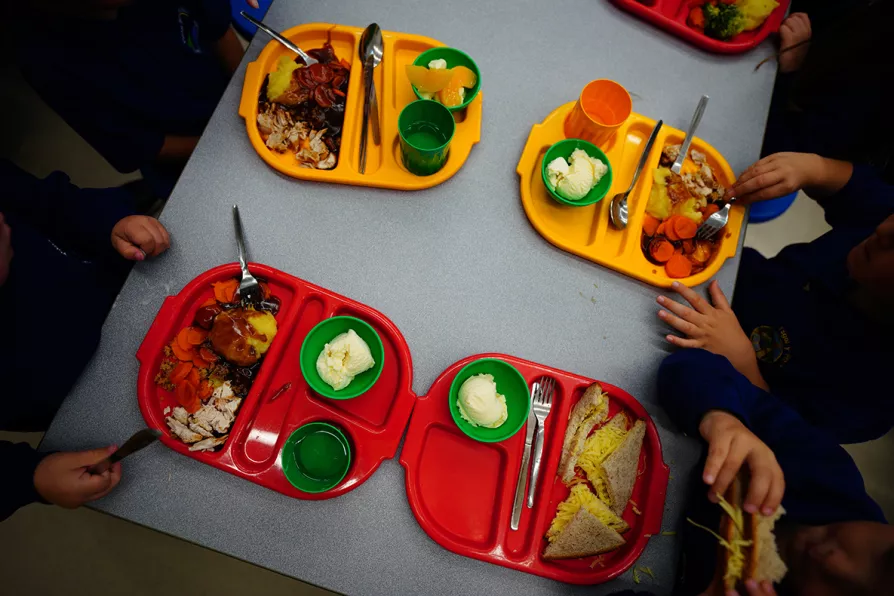The suicide of Tamara Jade Logon after her disability benefits were wrongly withdrawn is the latest in a series of deaths in which coroners have cited DWP failings, exposing a pattern of preventable harm, says DYLAN MURPHY
Fighting poverty starts in the canteen
In order to remove stigma and make sure children go to lessons well-fed, all primary students must receive free school meals, argues National Education Union joint general secretary KEVIN COURTNEY

 Students eat lunch in the school canteen during the beginning of the roll-out of universal free school meals for primary school children at Ysgol Y Preseli in Pembrokeshire
Students eat lunch in the school canteen during the beginning of the roll-out of universal free school meals for primary school children at Ysgol Y Preseli in Pembrokeshire
THE Liz Truss government’s mismanagement of the economy may be noteworthy in the speed with which it has precipitated a decline in living standards and brought the country to the brink of economic collapse, but the underlying features of the crisis are nothing new.
Truss’s government is drawing the threads of the past decade into the present to weave a new pattern.
The cost of living reached critical levels even before the new government came to power — and is the consequence of more than a decade of Conservative transfer of wealth from the poorest to the richest in society.
Similar stories

Campaigners urge government to roll out universal free school meals













